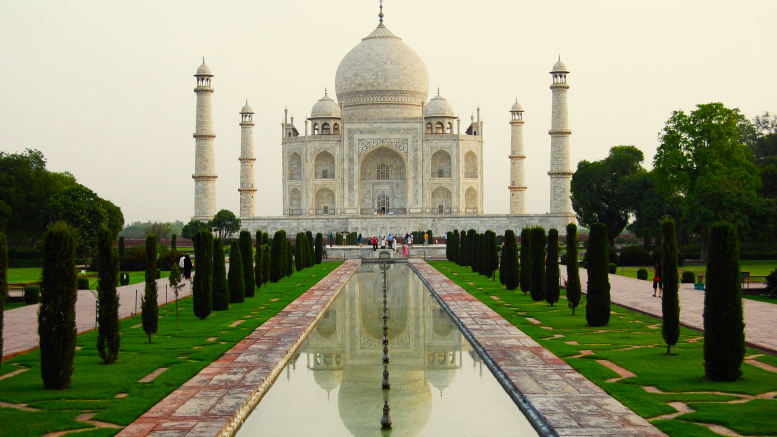The Archaeological Survey of India’s (ASI) proposal to the Centre last month, enlisting several crowd-management measures for the Taj Mahal, will be implemented from April 1 this year. These include limiting each entry for three hours, raising the entry ticket rates, and a separate ticket for visiting the main mausoleum, Union Culture Minister Mahesh Sharma said on Tuesday.
Sharma said ticket prices for domestic tourists will be revised from the current Rs 40 to Rs 50, and high-value entry tickets — aimed primarily at foreign tourists — will go up from Rs 1,000 to Rs 1,250. The entry ticket to the crypt area will cost Rs 200. The high-value ticket — aimed at offering a seamless experience, with advantages of a separate waiting queue and frisking area, separate washrooms, a complimentary bottle of mineral water, and access to the crypt area — can be bought by a domestic tourist as well.
Sharma had told The Indian Express last month that given the rising number of visitors to the world heritage monument, the ministry has no option but to go ahead with the ASI’s plan to limit number of visitors and restrict duration of each entry. He had said the proposal to limit numbers will be implemented in a few weeks.
On Tuesday, Sharma said that after a meeting with the stakeholders — the Culture and Tourism ministries, Agra Development Authority and the ASI — it has been decided against putting a cap on the number of domestic tourists for the time-being.
ASI spokesperson D N Dimri said, “We had considered ratifying the (ASI’s) recommendations through the Supreme Court, as the court takes a decision on several matters related to the monument. But we were advised that going through the Supreme Court may be a long-drawn process, and that it is well within our domain to bring about these changes.”
The proposal was prompted by a minor stampede at one of the entry gates of the monument in the last week of December 2017. It was also aimed at protecting the Taj from any damage owing to excessive footfall. As for revising the ticket prices, the ASI had issued a preliminary notification in December 2017 and invited objections from various quarters within 45 days, as per the standard procedure.
Bhuvan Vikram Singh, superintending archaeologist, ASI’s Agra circle, who was in Delhi for the meeting, said, “Now that the period for inviting objections is over, we have collated the responses and considered the decision.”


Nice post